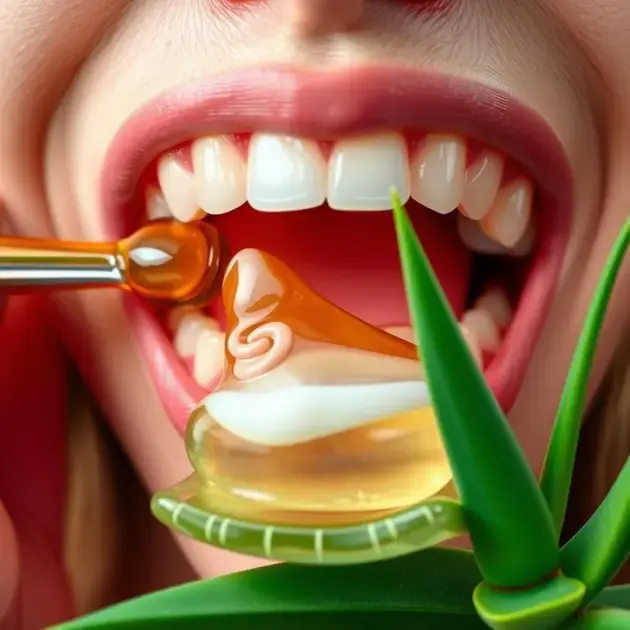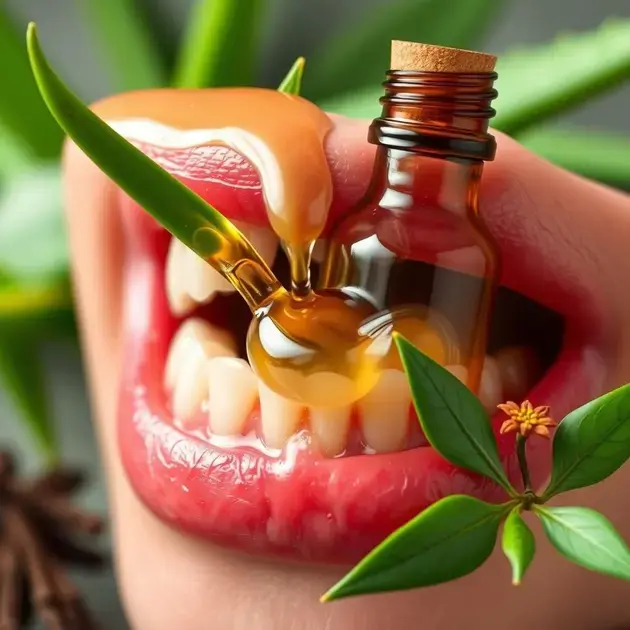Gum swelling is a common dental concern that affects many people at various stages of their lives. It can be uncomfortable, sometimes painful, and if left untreated, may lead to more serious oral health issues. In exploring the causes and treatment options for gum swelling, it’s essential to understand that factors ranging from simple hygiene issues to more complex health conditions can be at play.
Recent studies highlight that improved dental care techniques and products have made it easier to manage symptoms like gum swelling, yet many still struggle with finding the right treatment. By delving into preventative measures and advanced treatment options, individuals can better manage their condition and ensure long-term dental health.

Understanding Gum Swelling
Gum swelling can be a common symptom of various oral health issues, such as gingivitis, periodontitis, or abscesses. Understanding the causes of gum swelling is crucial in order to address the issue effectively. It is important to note that gum swelling can sometimes indicate a more serious underlying condition, so it is essential to seek professional dental advice if you experience persistent or severe gum swelling.
Common Causes of Gum Swelling:
1. Poor Oral Hygiene: One of the most common causes of gum swelling is inadequate oral hygiene. Failing to brush and floss regularly can lead to the buildup of plaque and bacteria, causing inflammation and swelling of the gums.
2. Gingivitis: Gingivitis is a mild form of gum disease that can cause red, swollen, and tender gums. It is usually the result of poor oral hygiene and can progress to more severe forms of gum disease if left untreated.
3. Periodontitis: If gingivitis is not addressed, it can progress to periodontitis, a more severe form of gum disease. Periodontitis can cause the gums to pull away from the teeth, forming pockets that become infected and lead to further swelling and potential tooth loss.
4. Dental Abscess: A dental abscess is a pocket of pus that forms due to a bacterial infection. This can cause severe pain, swelling, and redness in the affected area. Dental abscesses require prompt treatment to prevent further complications.
5. Hormonal Changes: Hormonal changes, such as those experienced during pregnancy or menstruation, can sometimes lead to gum swelling. This is known as pregnancy gingivitis and is a common condition that usually resolves after pregnancy.
Effective Treatment Options:
1. Improved Oral Hygiene: Practicing good oral hygiene, including brushing twice a day, flossing daily, and using an antiseptic mouthwash, can help reduce gum swelling. Regular dental cleanings are also essential for maintaining healthy gums.
2. Professional Dental Care: If gum swelling persists, it is important to see a dentist for a thorough evaluation. Depending on the underlying cause, treatment options may include deep cleaning, antibiotic therapy, or surgical intervention.
3. Home Remedies: In addition to professional dental care, there are some home remedies that may help reduce gum swelling. Rinsing with warm salt water, applying a cold compress, or using herbal remedies like aloe vera or tea tree oil may provide temporary relief.
4. Lifestyle Changes: Making lifestyle changes, such as quitting smoking, eating a balanced diet, and managing stress, can also contribute to improved gum health. Maintaining overall health and wellness is essential for preventing gum swelling and related oral health issues.
5. Regular Dental Check-ups: Prevention is key when it comes to gum swelling. Scheduling regular dental check-ups allows your dentist to monitor your oral health, identify any issues early on, and provide appropriate treatment to keep your gums healthy.

Common Symptoms of Gum Swelling
Gum swelling, also known as gingival swelling, can be a concerning oral health issue that may indicate an underlying problem. Some common symptoms of gum swelling include redness, tenderness, and puffiness in the gums. You may also experience bleeding gums, especially when brushing or flossing. Persistent bad breath or a bad taste in your mouth can also be signs of gum swelling.
If left untreated, gum swelling can lead to more serious issues such as gum recession, gum disease, and even tooth loss. It is important to pay attention to these symptoms and seek prompt dental care if you notice any signs of gum swelling.
To alleviate the symptoms of gum swelling, you can try gentle brushing and flossing to remove plaque and debris that may be contributing to the inflammation. Using a soft-bristled toothbrush and practicing good oral hygiene habits can help reduce gum swelling.
Additionally, rinsing your mouth with a saltwater solution or an antiseptic mouthwash can help reduce inflammation and promote healing of the gums. If the symptoms persist or worsen, it is recommended to see a dentist for a thorough evaluation and appropriate treatment.
Overall, being aware of the common symptoms of gum swelling and taking proactive steps to address them can help maintain optimal oral health and prevent further complications.
Natural Remedies for Gum Swelling
When it comes to addressing gum swelling, natural remedies can be effective in providing relief and promoting gum health. One natural remedy for gum swelling is the use of tea tree oil, which has antimicrobial properties that can help reduce inflammation and fight off bacteria that cause gum disease.
Another natural remedy is aloe vera gel, which has soothing and healing properties that can help alleviate gum swelling and promote gum tissue repair. Applying a small amount of aloe vera gel to the affected area can provide relief from inflammation and discomfort.
Clove oil is also known for its analgesic and anti-inflammatory properties, making it a popular natural remedy for gum swelling. Gently massaging diluted clove oil onto the gums can help reduce swelling and numb any pain associated with inflamed gums.
In addition to these natural remedies, maintaining a healthy diet rich in vitamins and minerals, staying hydrated, and avoiding tobacco products can also support gum health and reduce the risk of gum swelling. Regular dental check-ups and cleanings are essential for preventing and managing gum swelling.
By incorporating these natural remedies into your oral care routine and practicing good oral hygiene habits, you can effectively manage gum swelling and promote overall gum health.
Preventive Measures for Gum Swelling
Preventing gum swelling involves adopting good oral hygiene practices and making healthy lifestyle choices to support gum health. One of the key preventive measures for gum swelling is to brush your teeth at least twice a day with a fluoride toothpaste and floss daily to remove plaque and food debris that can irritate the gums.
Using an antimicrobial mouthwash can also help reduce bacteria in the mouth and prevent gum inflammation. It is important to choose a mouthwash that is alcohol-free and gentle on the gums to avoid further irritation.
Another preventive measure for gum swelling is to avoid tobacco products, as smoking has been linked to gum disease and inflammation. Smoking can also impair the body’s ability to heal gum tissue, increasing the risk of gum swelling and other oral health issues.
Eating a balanced diet rich in fruits, vegetables, and lean proteins can provide essential nutrients that support gum health and overall oral health. Drinking plenty of water and staying hydrated can also help flush out bacteria and toxins that can contribute to gum swelling.
Regular dental visits for professional cleanings and check-ups are crucial for early detection and treatment of gum issues. Your dentist can assess your gum health and provide personalized recommendations to prevent gum swelling and maintain a healthy smile.
Conclusion
In conclusion, gum swelling, if left untreated, can lead to severe oral health issues such as gum disease and tooth loss. Recognizing common symptoms like redness, tenderness, and bleeding gums is crucial for early intervention. Implementing gentle brushing, flossing, and natural remedies such as tea tree oil, aloe vera, and clove oil can help alleviate gum swelling and promote healing.
Preventive measures like maintaining good oral hygiene practices, avoiding tobacco products, and consuming a balanced diet can significantly reduce the risk of gum swelling. Regular dental check-ups are essential for early detection and personalized treatment to maintain optimal gum health.
By staying proactive in addressing gum swelling symptoms, incorporating natural remedies, and following preventive measures, individuals can effectively manage gum swelling, prevent complications, and ensure overall oral health and well-being.
